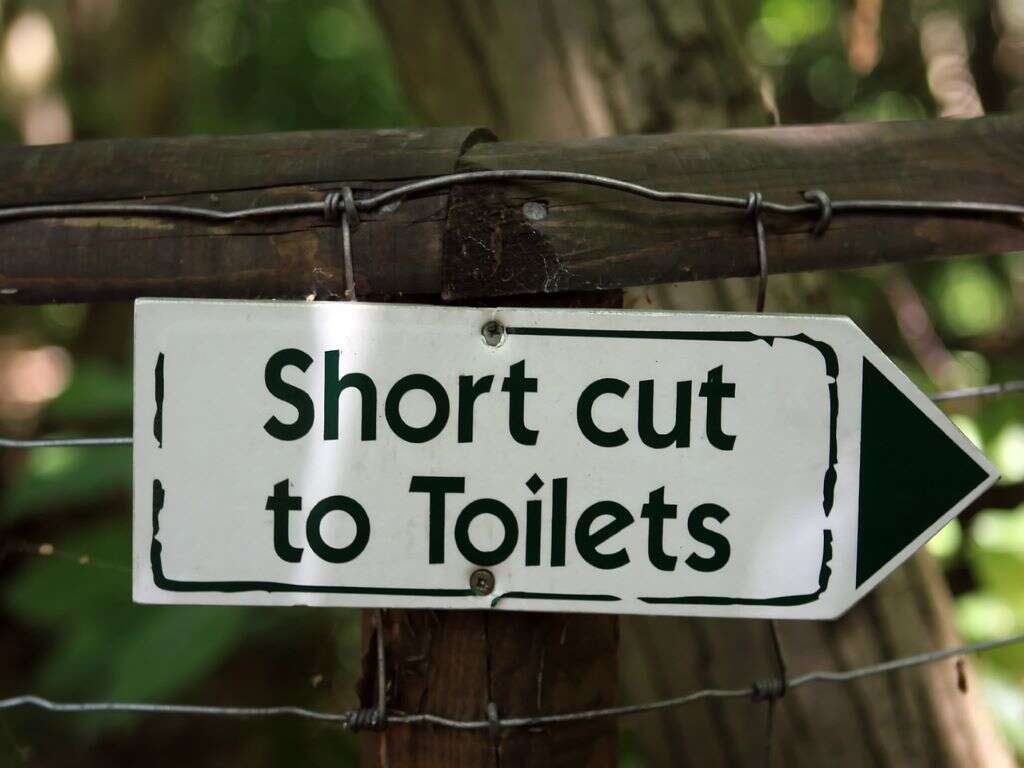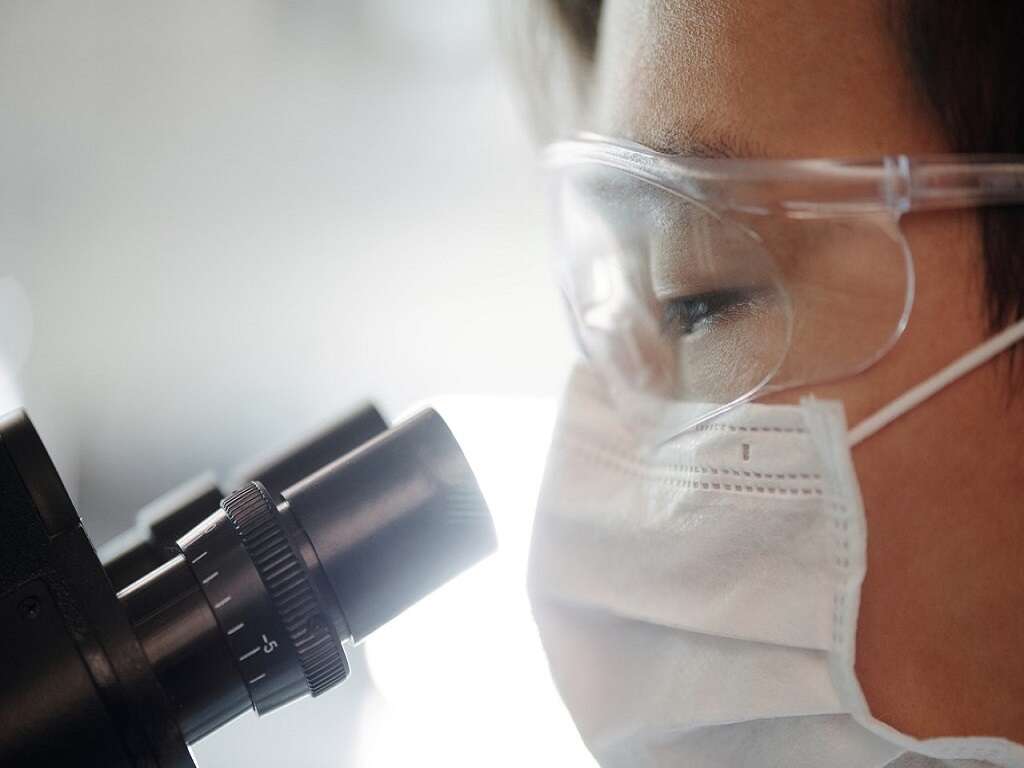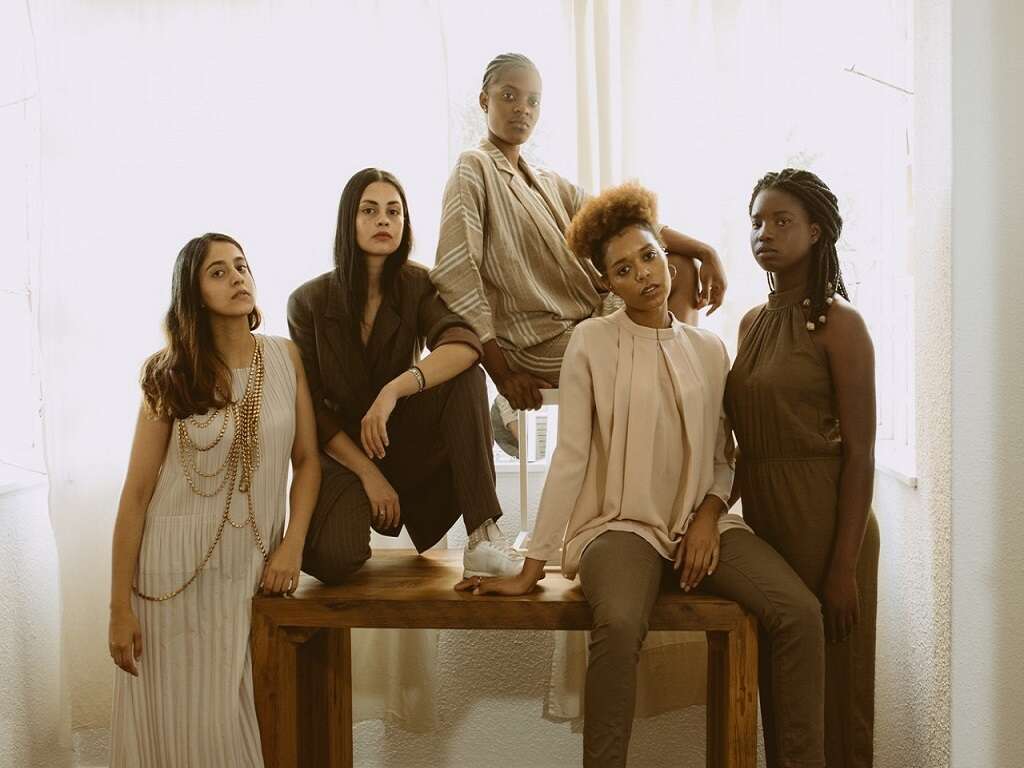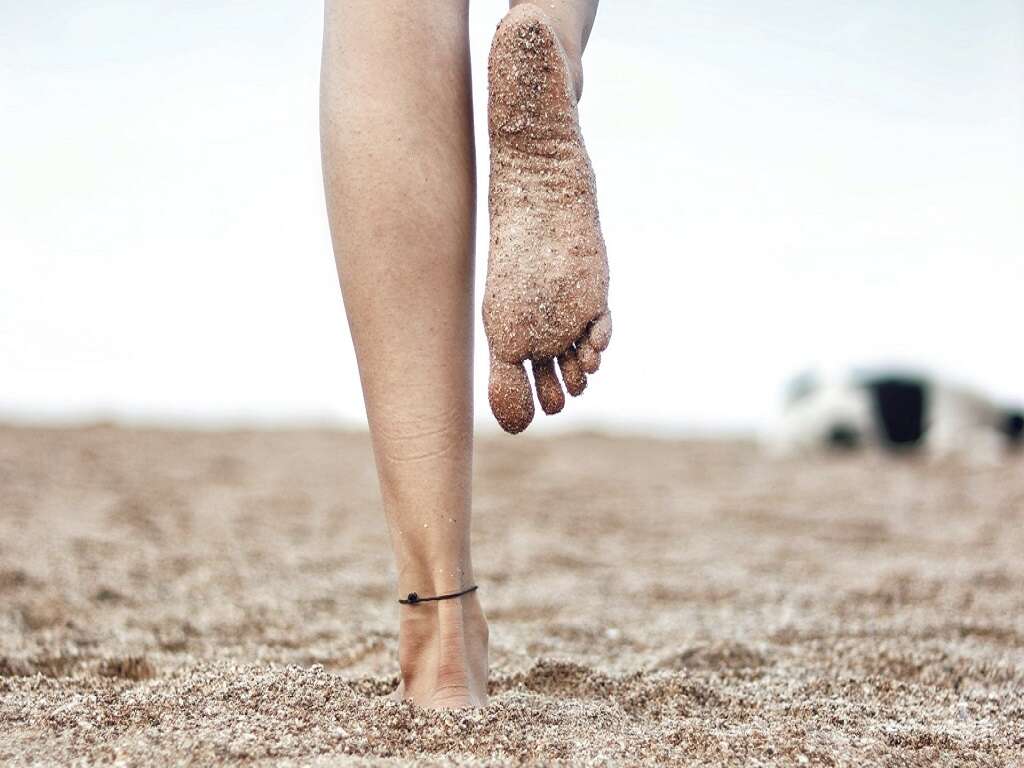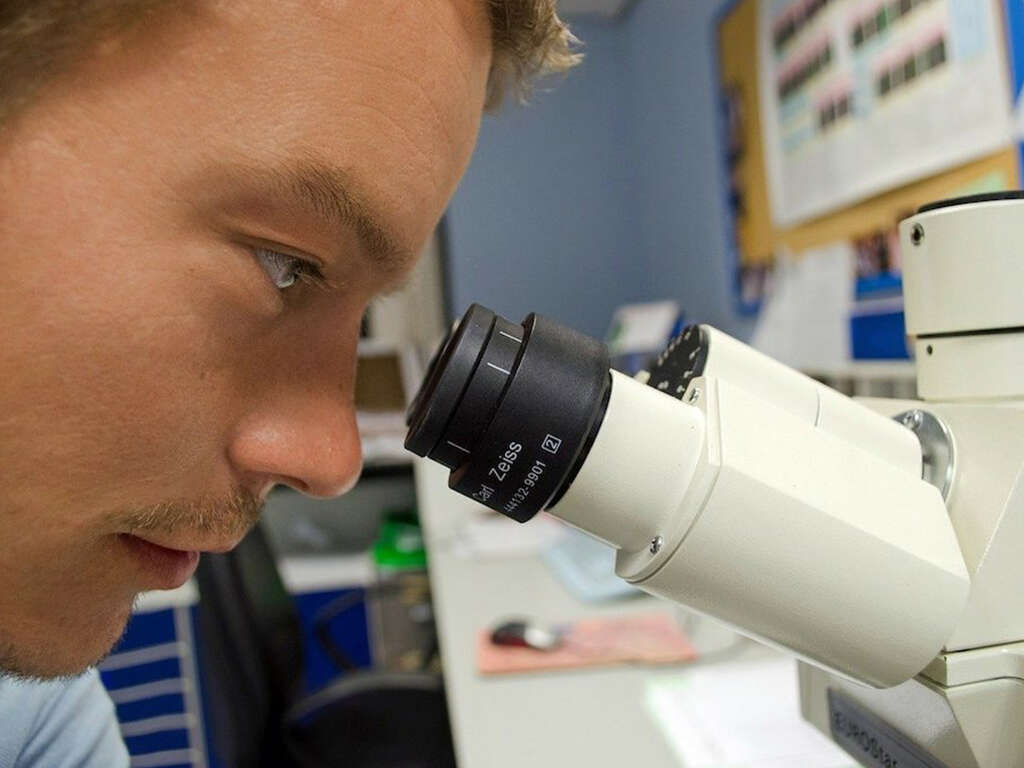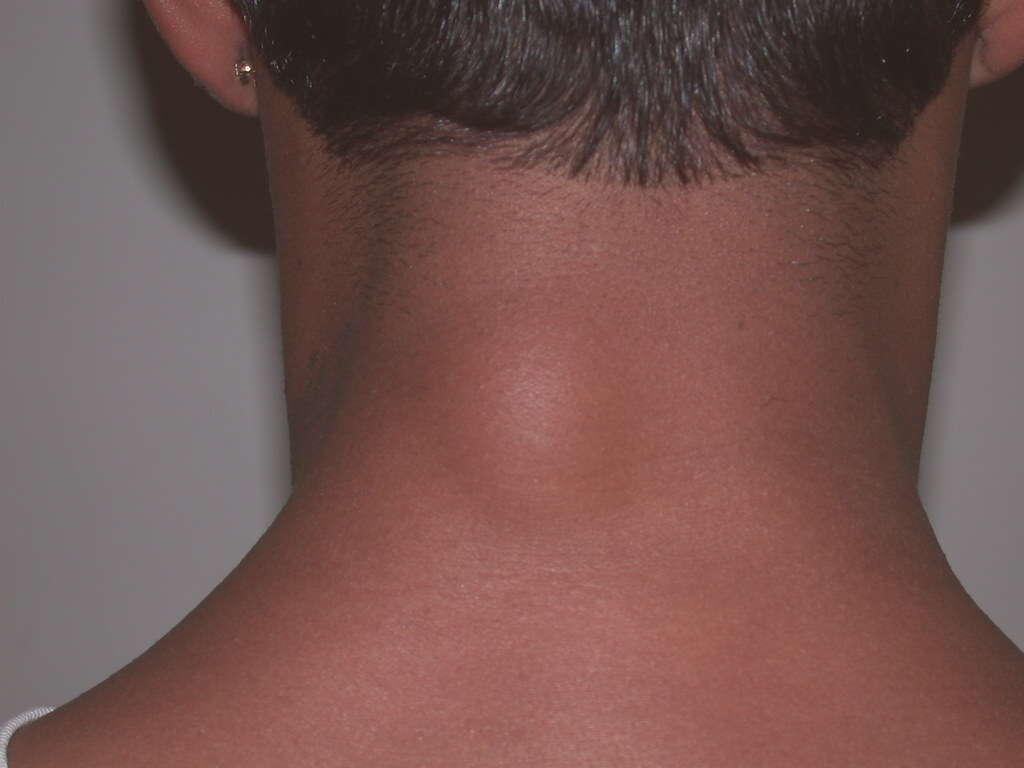Cysts Causes, Treatments and More
 Article Sources
Article Sources
- 1. 'Cysts, Types.' Cincinnati Childrens, www.cincinnatichildrens.org/health/c/cysts-types
- 2. 'Skin Cyst.' NHS Choices, NHS, 15 Apr. 2020, www.nhs.uk/conditions/skin-cyst/
- 3. 'Epidermal Inclusion Cyst: Treatment & Diagnosis.' Cleveland Clinic, my.clevelandclinic.org/health/diseases/21465-epidermal-inclusion-cyst
- 4. Aboud, Daifallah M. Al. 'Pilar Cyst.' StatPearls /[Internet/]., U.S. National Library of Medicine, 25 Feb. 2021, www.ncbi.nlm.nih.gov/books/NBK534209/
- 5. 'Chalazion: Symptoms, Causes, Treatments.' Cleveland Clinic, my.clevelandclinic.org/health/diseases/17657-chalazion
- 6. 'Ganglion Cyst.' Mayo Clinic, Mayo Foundation for Medical Education and Research, 30 Dec. 2020, www.mayoclinic.org/diseases-conditions/ganglion-cyst/symptoms-causes/syc-20351156
- 7. 'Baker's Cyst (Popliteal Cyst) - OrthoInfo - AAOS.' OrthoInfo, orthoinfo.aaos.org/en/diseases--conditions/bakers-cyst-popliteal-cyst/
- 8. 'Ovarian Cysts.' Office on Women's Health, U.S. Department of Health and Human Services, www.womenshealth.gov/a-z-topics/ovarian-cysts
- 9. 'Common Benign Lumps.' Johns Hopkins Medicine, www.hopkinsmedicine.org/health/conditions-and-diseases/common-benign-lumps
- 10. 'Bartholin Gland Cyst.' Bartholin Gland Cyst | Michigan Medicine, www.uofmhealth.org/health-library/tw2685
- 11. 'Nabothian Cyst: MedlinePlus Medical Encyclopedia.' MedlinePlus, U.S. National Library of Medicine, medlineplus.gov/ency/article/001514.htm
- 12. 'Simple Kidney Cysts.' National Kidney Foundation, 3 Feb. 2017, www.kidney.org/atoz/content/simple-kidney-cysts
A cyst is a sac filled with fluid or other materials that may appear anywhere on or in the body. Cysts may present as lumps or bumps beneath the skin, but they may also develop inside the body. It's common for doctors to label cysts based on the body part where they appear, and they can sometimes arrive at a diagnosis based on the appearance of the cyst and the way it feels.
Cysts may be as small as a pea or a few centimeters in diameter. They usually don't hurt and tend to grow slowly.1‘Cysts, Types.’ Cincinnati Childrens, www.cincinnatichildrens.org/health/c/cysts-types,2‘Skin Cyst.’ NHS Choices, NHS, 15 Apr. 2020, www.nhs.uk/conditions/skin-cyst/
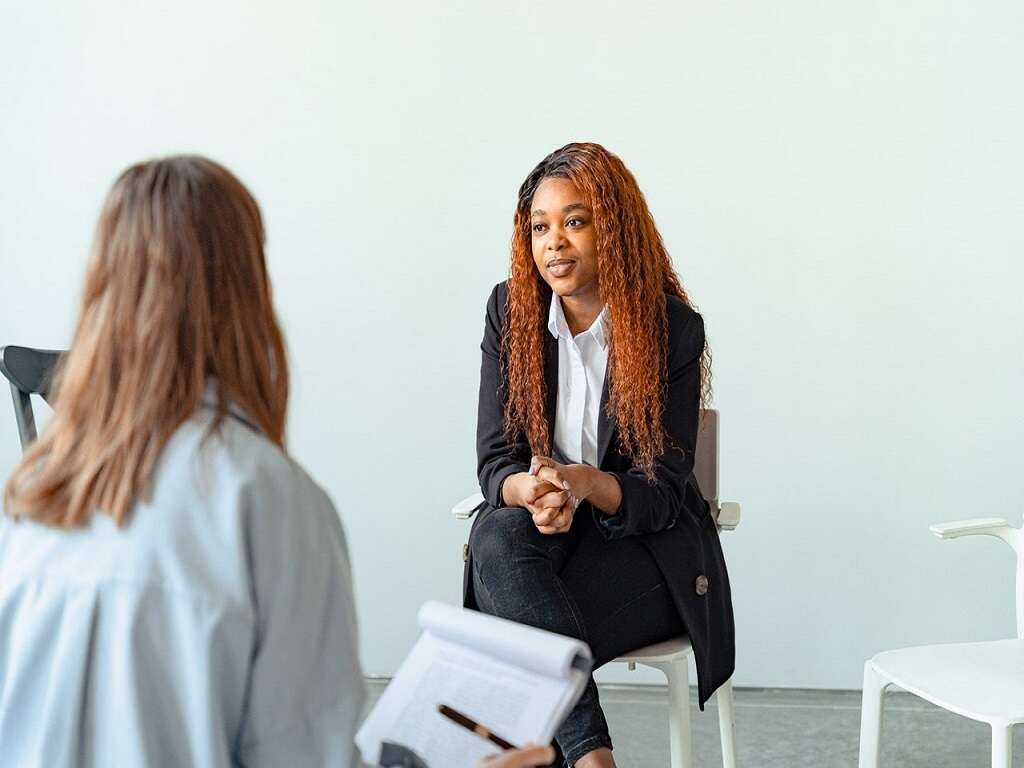
Epidermal Inclusion Cysts
Typically seen on the face, ears, back, neck and scalp, epidermal inclusion cysts are a common type of benign skin tumor. Movable and with a central pore, these cysts contain broken-down keratin, which appears whitish with a cheese-like consistency.
An epidermal inclusion cyst may develop when a hair follicle becomes clogged, particularly in those with acne. It may also occur as a result of a penetrating injury. People with certain genetic conditions or those who take certain medicines, such as cyclosporine, may be more likely to develop epidermal cysts. Treatment isn't always necessary, but a doctor may drain the cyst or remove it surgically.3‘Epidermal Inclusion Cyst: Treatment & Diagnosis.’ Cleveland Clinic, my.clevelandclinic.org/health/diseases/21465-epidermal-inclusion-cyst

Trichilemmal Cysts
Also known as pilar cysts, trichilemmal cysts bear similarities to epidermal inclusion cysts, but they tend to appear in areas with many hair follicles, such as the scalp. Typically, multiple trichilemmal cysts develop. They may also appear on the face, head and neck.
These slow-growing cysts may be an inherited condition, and they tend to occur in young people. They're flesh-colored, mobile and filled with keratin. Doctors may diagnose these cysts using visual examination. Surgery is required to remove trichilemmal cysts if they're bothersome.4Aboud, Daifallah M. Al. ‘Pilar Cyst.’ StatPearls /[Internet/]., U.S. National Library of Medicine, 25 Feb. 2021, www.ncbi.nlm.nih.gov/books/NBK534209/
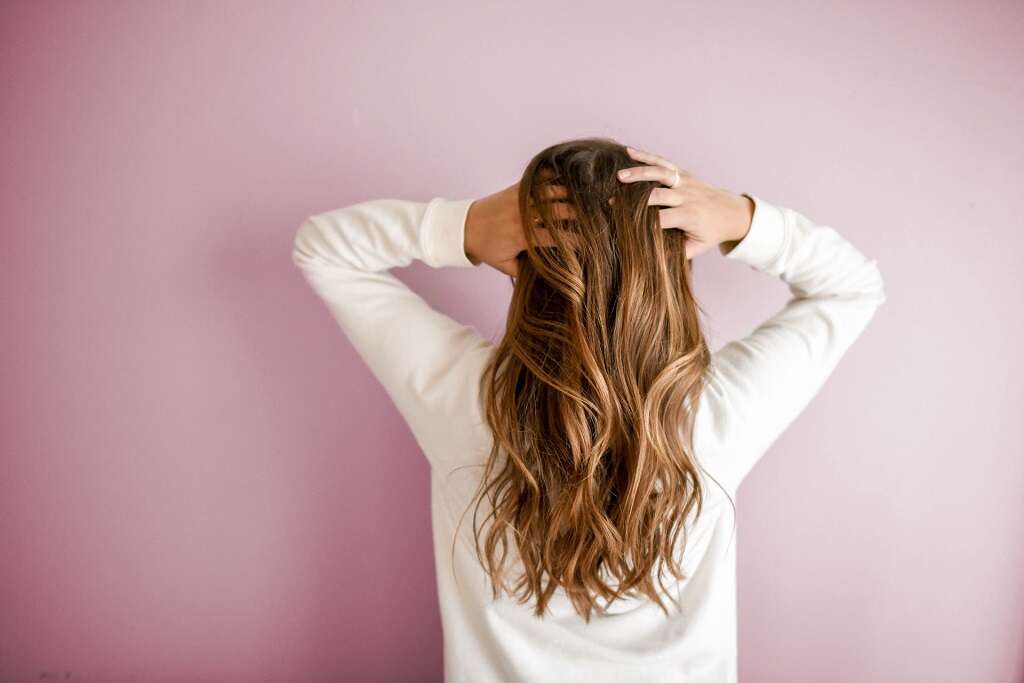
Chalazion
A chalazion, also known as an eyelid or meibomian cyst, is a small red lump that forms on the upper or lower eyelid. Caused by a blocked oil gland, a chalazion usually isn't painful, but it may cause blurred vision and a watery, irritated eye.
Applying warm compresses for 15 minutes three times a day and gently massaging the eyelid may help alleviate the oil gland blockage. If the chalazion persists, a doctor may drain the fluid it contains through a small incision.5‘Chalazion: Symptoms, Causes, Treatments.’ Cleveland Clinic, my.clevelandclinic.org/health/diseases/17657-chalazion
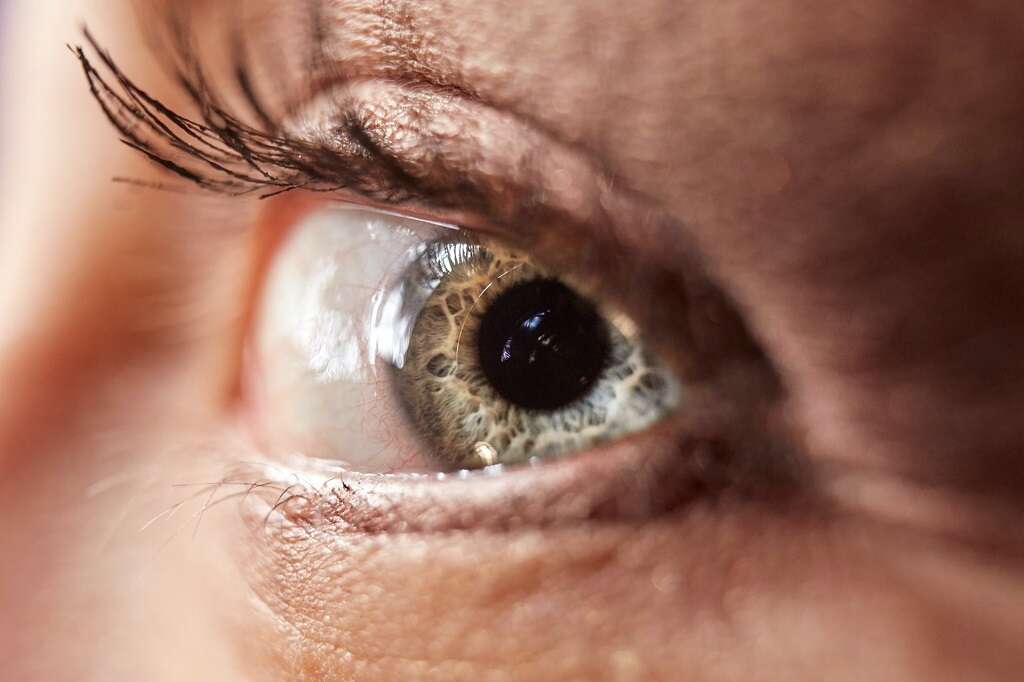
Ganglion Cysts
Ganglion cysts are benign lumps that typically develop on the hands or wrists, but they may also form on the feet or ankles. Filled with a jelly-like fluid, ganglion cysts are usually painless, although they may hurt if they press on a nerve. Depending on their location, they may also interfere with joint movement.
These cysts often resolve on their own. If the ganglion cyst is causing pain or movement issues, a doctor may use a needle to drain the fluid.6‘Ganglion Cyst.’ Mayo Clinic, Mayo Foundation for Medical Education and Research, 30 Dec. 2020, www.mayoclinic.org/diseases-conditions/ganglion-cyst/symptoms-causes/syc-20351156

Baker's Cysts
A Baker's cyst is a fluid-filled lump on the back of the knee. It may arise as a result of injuries or conditions in the knee, such as a meniscus tear or arthritis. These may cause inflammation and swelling that result in excess synovial fluid production, which may collect at the back of the knee, causing discomfort and stiffness.
Reducing activity, taking nonsteroidal anti-inflammatory medications and receiving steroid injections may alleviate symptoms. A doctor may also drain fluid from the cyst using a needle.7‘Baker’s Cyst (Popliteal Cyst) - OrthoInfo - AAOS.’ OrthoInfo, orthoinfo.aaos.org/en/diseases–conditions/bakers-cyst-popliteal-cyst/

Ovarian Cysts
Fluid-filled sacs may appear on the ovaries as a result of pregnancy, hormonal issues, endometriosis or pelvic infections. Ovarian cysts typically don't cause symptoms, but sometimes women may notice bloating or lower abdominal pain. Sudden, severe pain may occur if the cyst ruptures. Although most ovarian cysts are benign, some may become cancerous.
If the ovarian cyst doesn't go away on its own, grows larger, causes pain or looks suspicious on an ultrasound, a doctor may perform a surgical procedure to remove it.8‘Ovarian Cysts.’ Office on Women’s Health, U.S. Department of Health and Human Services, www.womenshealth.gov/a-z-topics/ovarian-cysts

Breast Cysts
Breasts cysts are fluid-filled sacs in the breast that may be soft or hard. They may become painful or enlarged just before the start of a woman's monthly period.
If a cyst is discovered during a routine breast exam, the doctor may perform an ultrasound or a mammogram to gather information about it and make a diagnosis. Addressing the cyst may involve aspirating the fluid it contains using a fine needle, so that the cyst collapses and disappears.9‘Common Benign Lumps.’ Johns Hopkins Medicine, www.hopkinsmedicine.org/health/conditions-and-diseases/common-benign-lumps

Bartholin's Gland Cysts
Bartholin's glands, located on either side of the vaginal opening, produce fluid that lubricates the vagina. If a blockage occurs in the opening of one of these glands, a cyst may develop that causes discomfort when the woman walks, sits or has intercourse.
Soaking the area in warm water may help a Bartholin's gland cyst go away without medical intervention. If the cyst persists and is painful, a doctor may drain it. If it recurs, surgical removal may be an option.10‘Bartholin Gland Cyst.’ Bartholin Gland Cyst | Michigan Medicine, www.uofmhealth.org/health-library/tw2685

Nabothian Cysts
During a routine pelvic exam, a doctor may discover one or more small white lumps on a woman's cervix. These are nabothian cysts. They form when the glands lining the cervix become covered with skin cells, plugging up the opening.
Nabothian cysts are common, and most women have them. Typically, they don't cause any problems, and they don't need to be addressed. Numerous or large nabothian cysts may make it more difficult for a doctor to perform a pap test.11‘Nabothian Cyst: MedlinePlus Medical Encyclopedia.’ MedlinePlus, U.S. National Library of Medicine, medlineplus.gov/ency/article/001514.htm
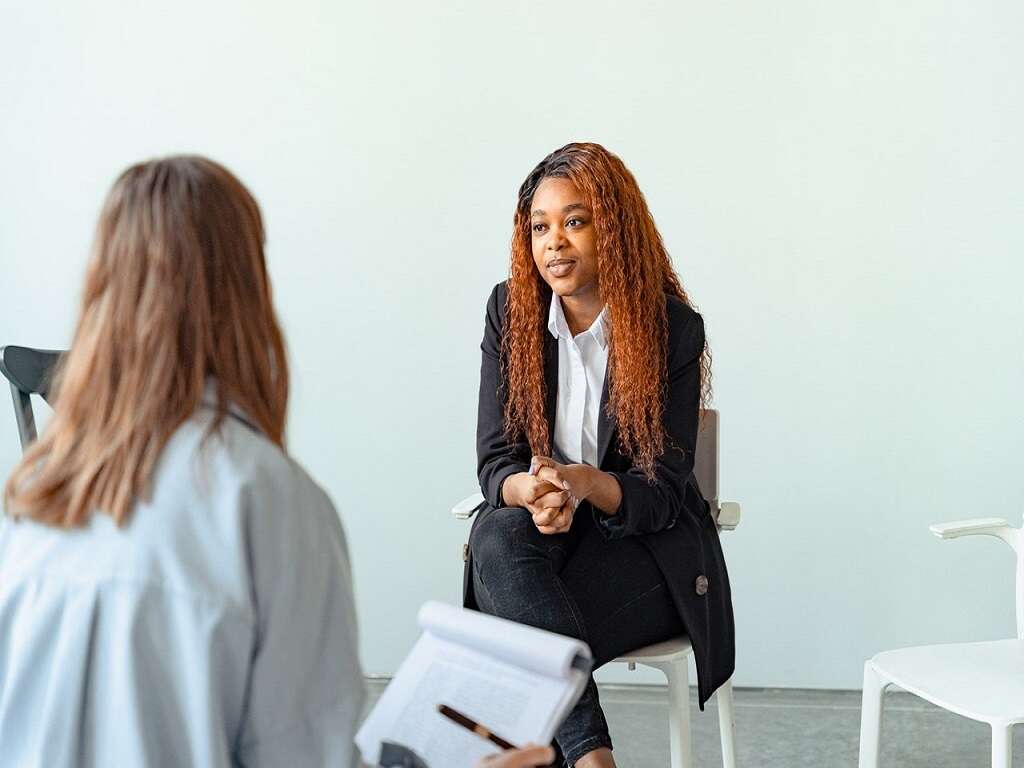
Kidney Cysts
Simple kidney cysts are fluid-filled sacs that develop on one or both kidneys. The cause of kidney cysts isn't clear, but they typically don't produce symptoms or require treatment. They may become infected, causing pain and fever. They may also burst, resulting in pain.
If a kidney cyst causes symptoms or blocks the flow of blood or urine through the kidney, a doctor may perform sclerotherapy, draining the cyst and filling it with a solution. In some cases, the cyst must be surgically removed.12‘Simple Kidney Cysts.’ National Kidney Foundation, 3 Feb. 2017, www.kidney.org/atoz/content/simple-kidney-cysts



